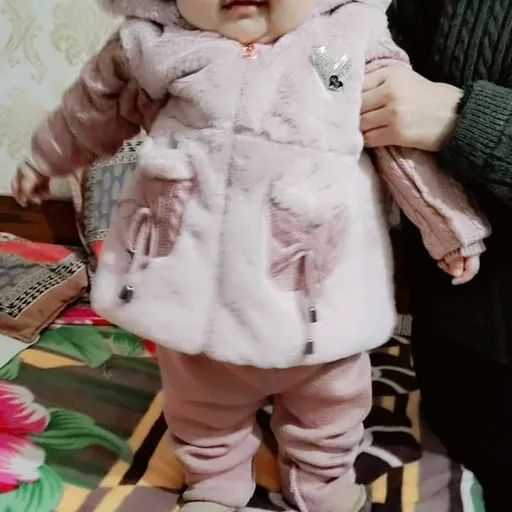- Home

- Hair Problems

- How to Control Hair Fall After Delivery? Postpartum Hair Loss Remedies
In this Article
Hair Problems
How to Control Hair Fall After Delivery? Postpartum Hair Loss Remedies
Updated on 19 April 2023



Medically Reviewed by
Kusum Sabharwal
Obstetrician & Gynecologist - MBBS| DGO
View Profile

After living through nine months of pregnancy, you must have gotten used to your thick and shiny pregnancy locks. But with your little bundle of joy in your arms, you may have to give up that pregnancy hair. Most women experience hair fall after delivery, which is commonly known as postpartum hair loss.
In this article, we will discuss about postpartum hair loss, reasons for hairfall after delivery and how to control hair fall after delivery.
What is postpartum hair loss?
Postpartum hair loss refers to the excessive hair shedding experienced by women 3-4 months after giving birth. It can be extremely distressing but you must remember that it is a part of pregnancy and only temporary. Most women notice that their hair grows back to its original volume (before pregnancy volume) within a year.
Is hair loss normal during postpartum?
Yes, postpartum hair loss is very common among women after pregnancy. Most women notice some or more than usual hair fall after giving birth to their baby. If your postpartum hair loss continues even after a year of giving birth, you may want to speak with a dermatologist.
What are reasons for hairfall after delivery?
The reasons for hairfall after delivery can mainly be attributed to the sudden hormonal changes that take place inside the body. During pregnancy, the levels of estrogen, progesterone and prolactin spike along with the blood volume and circulation. This prevents your hair from falling and boosts hair growth.
But soon after childbirth, most of these hormones return to their original level and the hair falling process resumes. The hair enter the shedding phase and continue to fall for up to 6 months. Other reasons for hairfall after delivery can include stress and change in thyroid and iron levels.
You may also like: Top 5 Best Ways to Lessen Hair Fall Post Pregnancy
What are some of the recommended postpartum hair loss remedies?
Here are some of the natural postpartum hair loss remedies that are recommended by women and dermatologists:
1. Apply beetroot juice
Beetroot juice is known to have a lot of benefits for your entire body and overall health. It helps in providing essential nutrients to your hair and reduces hair fall. You can apply as well as consume beetroot juice for your hair and they will result in healthier and stronger hair.
2. Consume a protein-rich diet
Consuming food items such as fish, soya bean, eggs, lean meats, and many other protein-rich foods help in making your body and hair healthier. However, make sure that all the items you consume should be in accordance with your breastfeeding diet. It is advised to consult your gynaecologist before consuming protein-rich food items.
3. Apply onion juice
Onion juice is known to be high in iron and enhances the blood circulation of your scalp. It makes your hair stronger and healthier when applied daily. It also enhances the volume of your hair. Apply onion juice for about an hour and wash it off with your shampoo and condition them. You can also use products with onion extracts in them.
Mylo Hair Fall Control Shampoo has onion extracts in them. This shampoo helps in preventing breakage, reduces split ends, and thinning of hair as well. It also maintains the pH level of your hair, prevents premature greying, and enhances blood supply, which in turn will help in the growth of your hair as well.
4. Massage hair with coconut oil
Massaging your hair with coconut oil enhances the circulation of blood in your scalp. It makes them smooth and frizz-free. Coconut oil also reduces dandruff and dryness in the scalp and makes them healthy.
What are some of the recommended postpartum hair loss vitamins?
Here are some of the postpartum hair loss vitamins that are recommended for postpartum hair loss treatment:
1. Vitamin C
Vitamin C is essential to produce collagen in our bodies, which is a protein that strengthens hair. Vitamin C is also an antioxidant that can help protect hair follicles and reduce hair loss and greying. All in all, this vitamin can be great for your postpartum hair loss treatment.
2. Vitamin A
Vitamin A helps to make sebum, an oily substance which moisturizes the scalp and keeps hair healthy. According to some studies, it may also help the hair grow thicker and faster. You can consume Vitamin A-rich foods or supplements.
3. Omega-3
Omega-3 fatty acids are great for health and have been shown to improve hair growth as well. You should consume foods rich in Omega-3 fatty acids like walnuts and flax seeds or find an Omega-3 supplement.
4. Biotin
Biotin is a Vitamin B essential for the production of keratin, which is a hair protein essential for healthy hair. Women who are unable to consume enough biotin through a daily diet should opt for biotin supplements.
5. Zinc
Zinc is a mineral vital to hair growth and repair cycles and for keeping oil glands surrounding follicles healthy. A deficiency or excess of this mineral can cause hair loss issues, so be mindful how much zinc you should consume daily.
6. Folic Acid
Folic acid is great during pregnancy as well as after delivery. Folic acid can help promote hair growth and repair. Adding folic acid supplements to your diet can be great for your postpartum hair loss treatment.
7. Iron
Iron is essential to produce red blood cells in the body which help to supply oxygen to all cells in our body. Iron deficiency can lead to hair loss so, you should increase your iron consumption through diet or supplements to keep hair healthy and strong.
When does postpartum hair loss stop?
We understand how distressing it can be to lose hair but remember, postpartum hair loss is only temporary. It can last up to a year after the arrival of your baby. Ideally, you should see a difference within six months. Hair fall after delivery usually peaks around 3-4 months. So, your hair should regain its volume by the time your little one turns one.
Conclusion
Postpartum hair loss is temporary and will pass. Be consistent with postpartum hair loss vitamins and remedies and you will notice a difference soon. If you don’t see any improvement even after a year of experiencing hair fall after delivery, it’s best to consult a dermatologist.





Medically Reviewed by
Kusum Sabharwal
Obstetrician & Gynecologist - MBBS| DGO
View Profile


Written by
Priyanka Verma
Priyanka is an experienced editor & content writer with great attention to detail. Mother to an 11-year-old, she's a ski
Read MoreGet baby's diet chart, and growth tips

Related Articles
Related Questions
Hello frnds..still no pain...doctor said head fix nhi hua hai..bt vagina me pain hai aur back pain bhi... anyone having same issues??

Kon kon c chije aisi hai jo pregnancy mei gas acidity jalan karti hain... Koi btayega plz bcz mujhe aksar khane ke baad hi samagh aata hai ki is chij se gas acidity jalan ho gyi hai. Please share your knowledge

I am 13 week pregnancy. Anyone having Storione-xt tablet. It better to have morning or night ???

Hlo to be moms....i hv a query...in my 9.5 wk i feel body joint pain like in ankle, knee, wrist, shoulder, toes....pain intensity is high...i cnt sleep....what should i do pls help....cn i cosult my doc.

Influenza and boostrix injection kisiko laga hai kya 8 month pregnancy me and q lagta hai ye plz reply me

Related Topics
RECENTLY PUBLISHED ARTICLES
our most recent articles
Home Remedies
Thrush: Causes, Symptoms, Treatment, and More
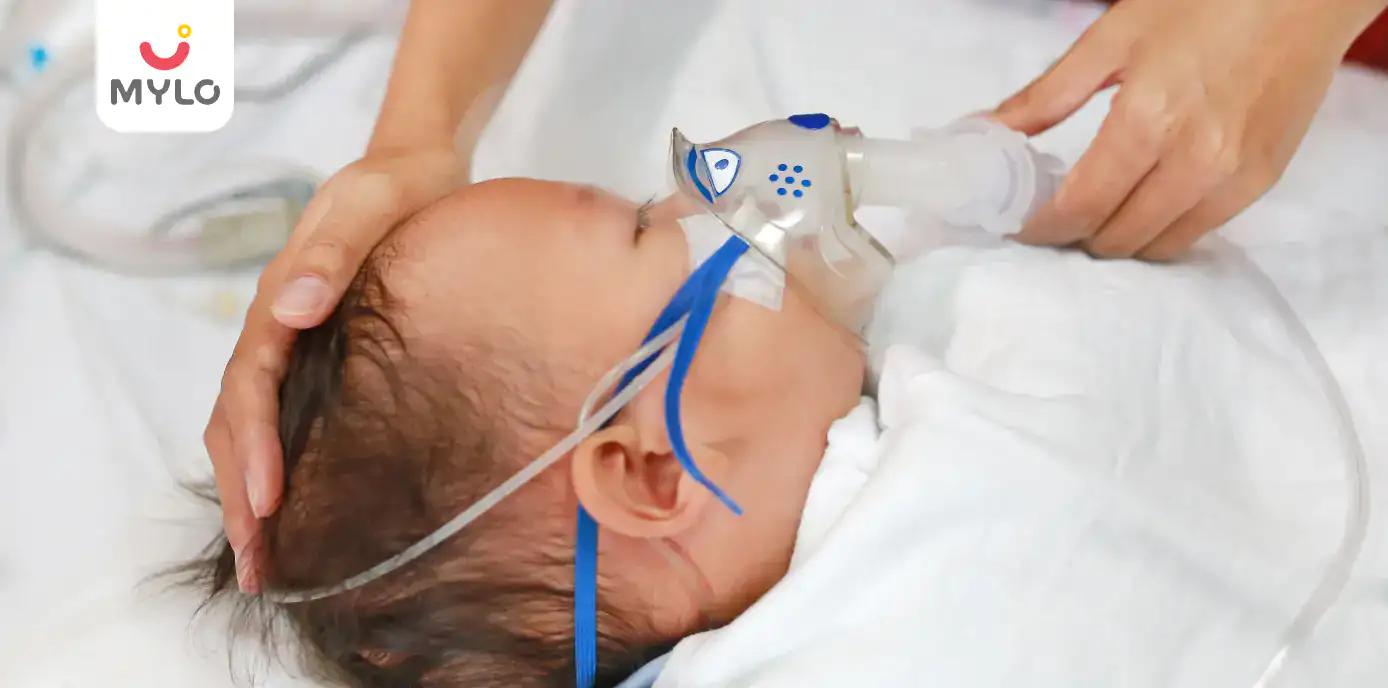
Illnesses & Infections
Childhood Asthma: Symptoms, Causes & Treatment
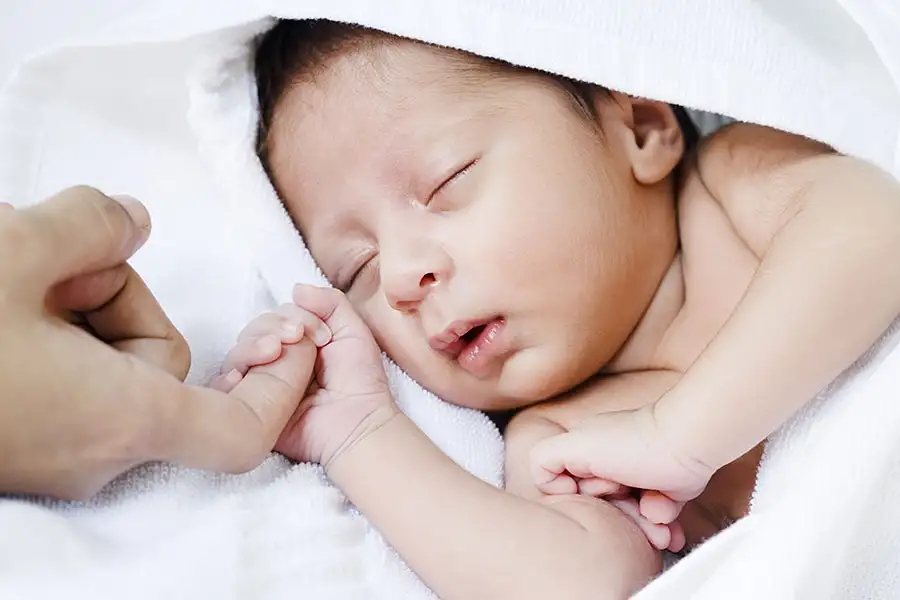
Feeding
Reflux in Baby: Symptoms, Causes & Treatment
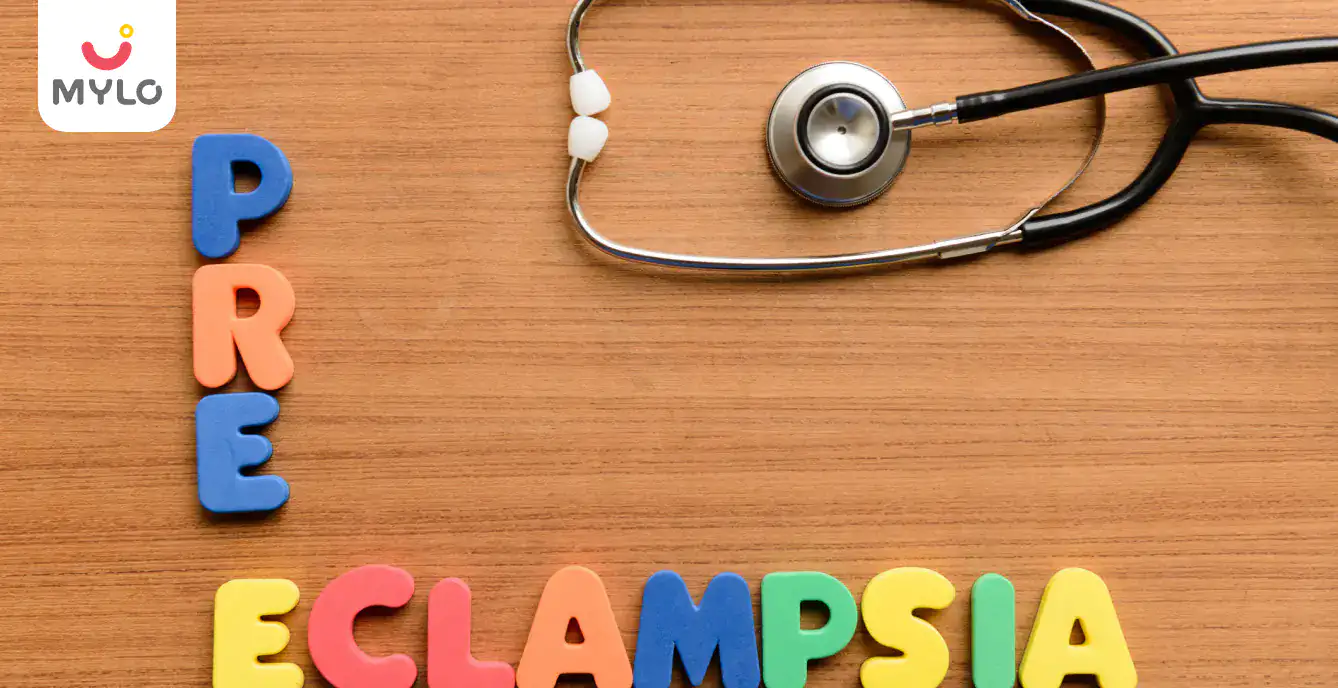
Preeclampsia
Pre Eclampsia: Meaning, Causes & Symptoms
Illnesses & Infections
Baby Diarrhea: Causes, Symptoms & Treatment
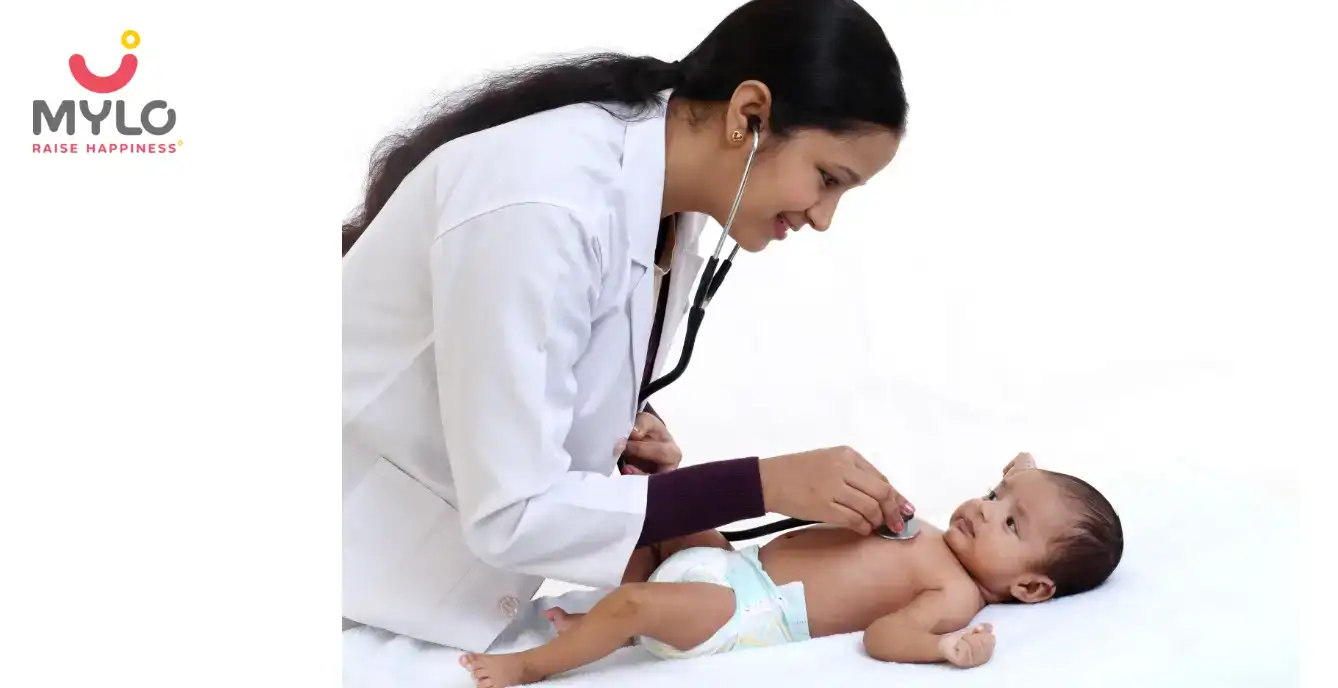
Illnesses & Infections
Bronchiolitis: Causes, Symptoms & Treatment
- Pelvic Pain in Pregnancy: Symptoms & Treatment
- Saliva During Pregnancy: Causes & Prevention
- Effective Ways to Treat Jaundice in Children: Expert Tips for a Speedy Recovery
- 10 Best Original Movies to Watch on Netflix
- Flu, Change of Season or New Covid Variant, XBB.1.16- What’s Causing These Symptoms?
- 5 Ways In Which Music Can Boost Your Baby's Brain Development
- How to Stop Baby Hiccups: Everything You Need to Know
- “Staying Active and Healthy: The Benefits of Safe Exercise During Pregnancy”
- Appendicitis In Pregnancy Symptoms, Diagnosis & Surgery
- 5 Common Myths Busted About Baby Sleep
- “Ectopic Pregnancy: All You Need to Know About This Complication”
- Importance of Typhoid vaccines
- Benefits of eating nuts
- Can One Induce Labor Naturally?


AWARDS AND RECOGNITION
Mylo wins Forbes D2C Disruptor award
Mylo wins The Economic Times Promising Brands 2022
AS SEEN IN
















At Mylo, we help young parents raise happy and healthy families with our innovative new-age solutions:
- Mylo Care: Effective and science-backed personal care and wellness solutions for a joyful you.
- Mylo Baby: Science-backed, gentle and effective personal care & hygiene range for your little one.
- Mylo Community: Trusted and empathetic community of 10mn+ parents and experts.
Product Categories
baby carrier | baby soap | baby wipes | stretch marks cream | baby cream | baby shampoo | baby massage oil | baby hair oil | stretch marks oil | baby body wash | baby powder | baby lotion | diaper rash cream | newborn diapers | teether | baby kajal | baby diapers | cloth diapers |






